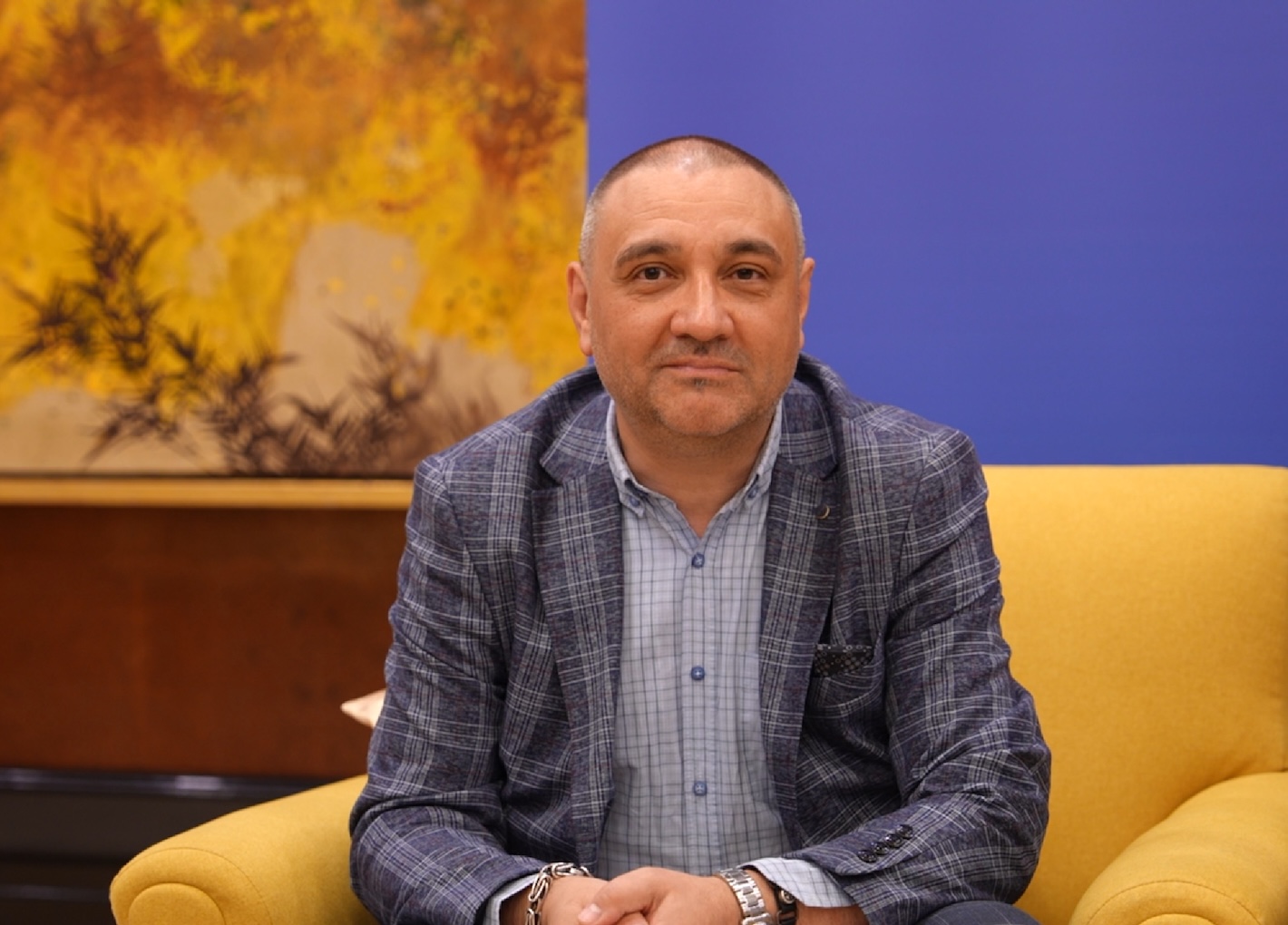 Better Dialogue Can Deepen Bulgaria-China Ties, National Assembly Committee Chair Says
Better Dialogue Can Deepen Bulgaria-China Ties, National Assembly Committee Chair Says(Yicai) July 8 -- Bulgaria and China can enhance their relationship and boost cultural exchange and innovation by first stepping up communication, according to the chairman of the education and science committee of Bulgaria's National Assembly.
Because of the vast geographical distance between the two countries "the level of communication, sometimes it's really not good enough," Andrey Tchorbanov told reporters in Shanghai yesterday. It is important to start the communication at different levels, he noted.
He identified culture as the ideal starting point for deepening ties, noting that it is the best way to understand other people. Since culture shapes our worldviews, it is really important to know everything about different people, he added.
China exists in the everyday lives of Bulgarians, with Chinese goods and innovations often featured in media reports, Tchorbanov noted, adding that Europeans are well-informed about China's capabilities.
"Our understanding of life is that many civilizations existed during history," Tchorbanov pointed out. "So we should find access to communication, accept the diversity, and find the best way to work and live together, to exchange ideas, technologies, know-how, and all factors for the prosperity of humanity."
Tchorbanov, an immunologist as well as a politician, is visiting China to attend the two-day Ministerial Meeting of the Global Civilizations Dialogue, which will be held in Beijing this week.
He described the meeting as an excellent platform for fostering mutual respect and cooperation across cultures and went on to praise China's visa-free policy for allowing many Europeans to come and visit.
Tchorbanov also urged closer communication in technology exchanges. Eastern European economies lag behind some of their Western neighbors and therefore seek ways to improve living standards by adopting tech innovations from around the world, he said.
China is one of the best providers of new technologies, so countries like Bulgaria should use all available resources to improve their economies, Tchorbanov stressed. Governments should be open to the East and set aside political differences, as understanding civilization and various political forms should not be a barrier to normal communication, he noted.
To become a more equal partner with China, Bulgaria must improve its level of development, focusing on innovation and striving for a more balanced import-export relationship, Tchorbanov said.
China's scientific level is very high, with hundreds of papers published every day, so Bulgaria should use Chinese innovation to help local industries improve, according to Tchorbanov.
He pointed out that numerous Chinese government-funded scientific programs are already active in Bulgaria and other Eastern European countries and that the Bulgarian Academy of Sciences has strong relationships with Chinese universities.
The scientific field is a good example of where Bulgaria and China can start developing much more intensive communication, which can continue at the economic and business levels, Tchorbanov pointed out.
Bulgaria welcomes Chinese businesses and can use opportunities to fund new ideas, Tchorbanov said, adding that there are many examples from Eastern European countries where China has helped build new projects and boost local economies.
Editor: Tom Litting